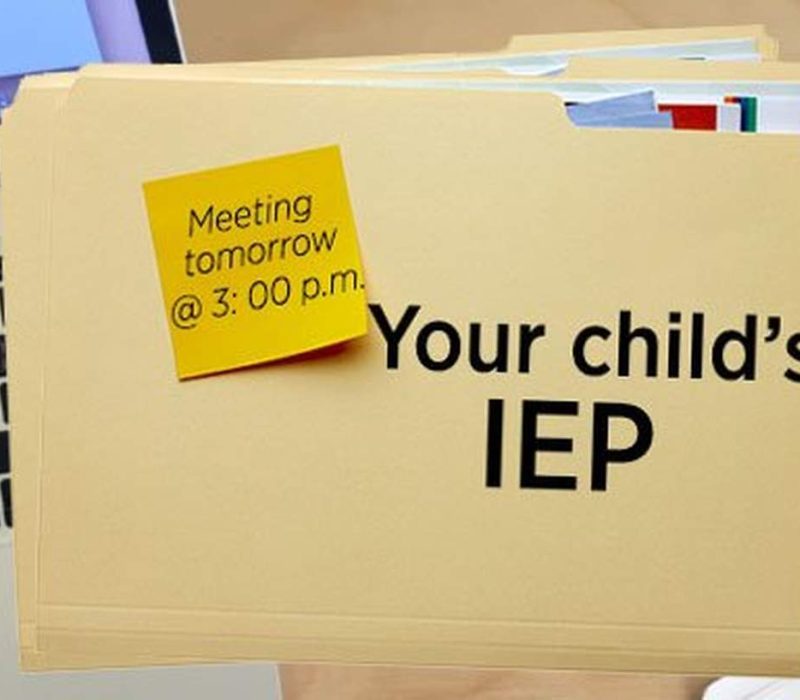Young Adult Transitional Evaluations
Young Adult Diagnostic / Transitional Evaluations

Who performs the evaluations?
Young Adult Evaluations are performed by a licensed psychologist.
What are the benefits of this type of evaluation?
For many individuals, their late teens and early twenties can present with unique mental health challenges. For some, this age range can mark the emergence of new or worsening mental health conditions. With others, it can be a time of great change, with a transition from the many supports and services offered at school to employment and independent living, or to college and the individual’s first time living away from home. Others may have been struggling with previously undiagnosed conditions such as mild Autism for which they may need a formal diagnosis in order to obtain supports and services in adulthood. Other individuals may not have had testing for several years and may need a formal assessment to provide clarification or confirmation of their diagnoses to assist with obtaining supports and accommodations for college or graduate school, entrance exams like the GRE’s, MCAT’s or LSAT’s, or the workplace.
What do the evaluations consist of?
Depending upon the referral questions, these evaluations may address various aspects of the youth’s functioning including:
- Cognitive – The youth’s ability to reason, problem solve, sustain attention, recall information and process information across both verbal and nonverbal modalities.
- Adaptive – The youth’s independence and consistency with performing activities of daily living and other behaviors that are required as part of everyday life.
- Behavior – The youth’s symptoms in areas such as anxiety, depression, externalizing behaviors, attention problems, social difficulties, and thought problems.
- Personality Dynamics – The youth’s ability to tolerate stress, manage emotions, perceive and think in a reality-based manner, and relate to others effectively, as well as underlying issues that may be impacting their functioning in these area

What can you learn from an evaluation?
Our Young Adult Diagnostic/Transistional Evaluations can assist with:
⦿ Providing diagnostic clarity and identifying needed supports and interventions for new or worsening mental health issues
⦿ Assist with the transition from school-based supports to community services by providing an up to date assessment of the individual’s strengths and weaknesses, as well as individualized recommendations for needed interventions
⦿ Assist with diagnosing conditions like autism that were never formally diagnosed but for which the individual may require supports and services
⦿ Provide updated confirmation of previously diagnosed mental health conditions to assist with obtaining accommodations and supports for post-secondary education, entrance examinations, or the workplace
What should you expect from your appointment?
About the Evaluation
Clinical Interviews and face to face testing can last from one to four hours. Evaluations can be broken into multiple sessions to accommodate the needs of the youth and the family. Because parents may need to meet with the psychologist without the youth present, they may need to bring a responsible person to monitor the youth while they are meeting with the psychologist, or to schedule an additional appointment to complete that portion of the assessment at a different time.
In addition to the written report, the comprehensive psychological evaluation also includes a meeting with the youth (and parents if appropriate) to review results, as well as participation by phone in a PPT meeting to review findings (if needed).
Other services, such as conducting an observation of the student in their school placement, meeting with school staff or attending a PPT in person are available for an additional fee.


Documents Needed
For your appointment, you will need to bring contact information for mental health service providers and medication prescribers, as well as lists of present and past psychiatric medications and the results of any relevant medical or genetic testing, school records, progress reports, previous evaluations or other relevant background information.
For referring school districts, a referral packet should include the following information:
- Description of the reason for referral and any related questions or concerns
- Previous evaluations including psychological, educational or related services
- Most recent IEP or 504 plan
- Report cards and/or progress reports
- Disciplinary record
- Name and contact information for relevant school personnel
Insurance Carriers We Accept
We accept a variety of Health Insurance Plans including:
CIGNA, United Behavioral Health General, United Veterans Affairs Coordinated Care, Connecticare, Harvard Pilgrim, Choice Plus, UMR, Oxford (Liberty, Freedom, and Commercial), River Valley, Providence, All Savers, Anthem (includes Century Preferred PPO Network and Blue Cross and Blue Shield), Husky.











